Every three years, a new but well-funded ecommerce startup challenges the duopoly of Flipkart and Amazon India. Snapdeal made a run at it in 2015, Paytm Mall in 2018, and it’s Meesho in 2021.
Access to capital was not a problem for Snapdeal and Paytm Mall as they were backed by Chinese ecommerce giant Alibaba and Japan’s SoftBank. Meesho is also incidentally backed by SoftBank besides Prosus and Facebook. All are eyeing the same target audience — mass Indian consumers who prefer affordability to convenience and shop for a variety of low-value items.
While the pool of consumers and the seller base have widened over the past two to three years, especially after the Covid-19 pandemic, the nature of the industry’s struggles has not changed. In the long-tail goods category, for instance, monetising sellers, product returns, high logistics costs and fraud continue to trouble players.
Meesho, however, is going all out, expending significant amounts to acquire and retain sellers and customers. The efforts to entrench itself in the market have coincided with the festive season, one of ecommerce’s most important months.
Investors are betting on the team’s razor-sharp focus on this segment to repeat the success of platforms like China’s Pinduoduo, which is profitable and has emerged as a strong competitor to older ecommerce platforms in that market, including Alibaba and JD.
“Growing B2C demand is a natural evolution for Meesho — from a social commerce platform into an integrated e-commerce ecosystem for all. Similar evolutions have been observed across other markets, where platforms that were initially focused on individual and small entrepreneurs have evolved into ecommerce ecosystems at large,” Vidit Aatrey, the founder and CEO of Meesho, said in an emailed response to queries from The CapTable.
This was not always Meesho’s business model. The company started off as a platform for resellers to source goods from wholesalers. The resellers offered the merchandise to potential customers through WhatsApp and Facebook, negotiated the price and returned to the Meesho app to place the order with the wholesaler.
No holding inventory, no burden of logistics or payments. Just punch in an address and leave it to the wholesaler to ship the product to the customer. The CapTable explains this model and its limitations here.
But after raising $300 million from SoftBank in April, Meesho made a major shift, choosing to undercut the reseller and reach the consumer directly. The CapTable reported about the changes in the company’s plans.
In September, Meesho announced raising $570 million at a valuation of $4.9 billion, taking its overall fundraising to $1 billion. The new capital was secured largely on the promise of Meesho being a branded ecommerce marketplace that sells directly to consumers.

Read this article for free
In addition, access 50+ archived articles and 3 new articles every month
Sign In
Join our community of 100,000+ top executives, VCs, entrepreneurs, and brightest student minds
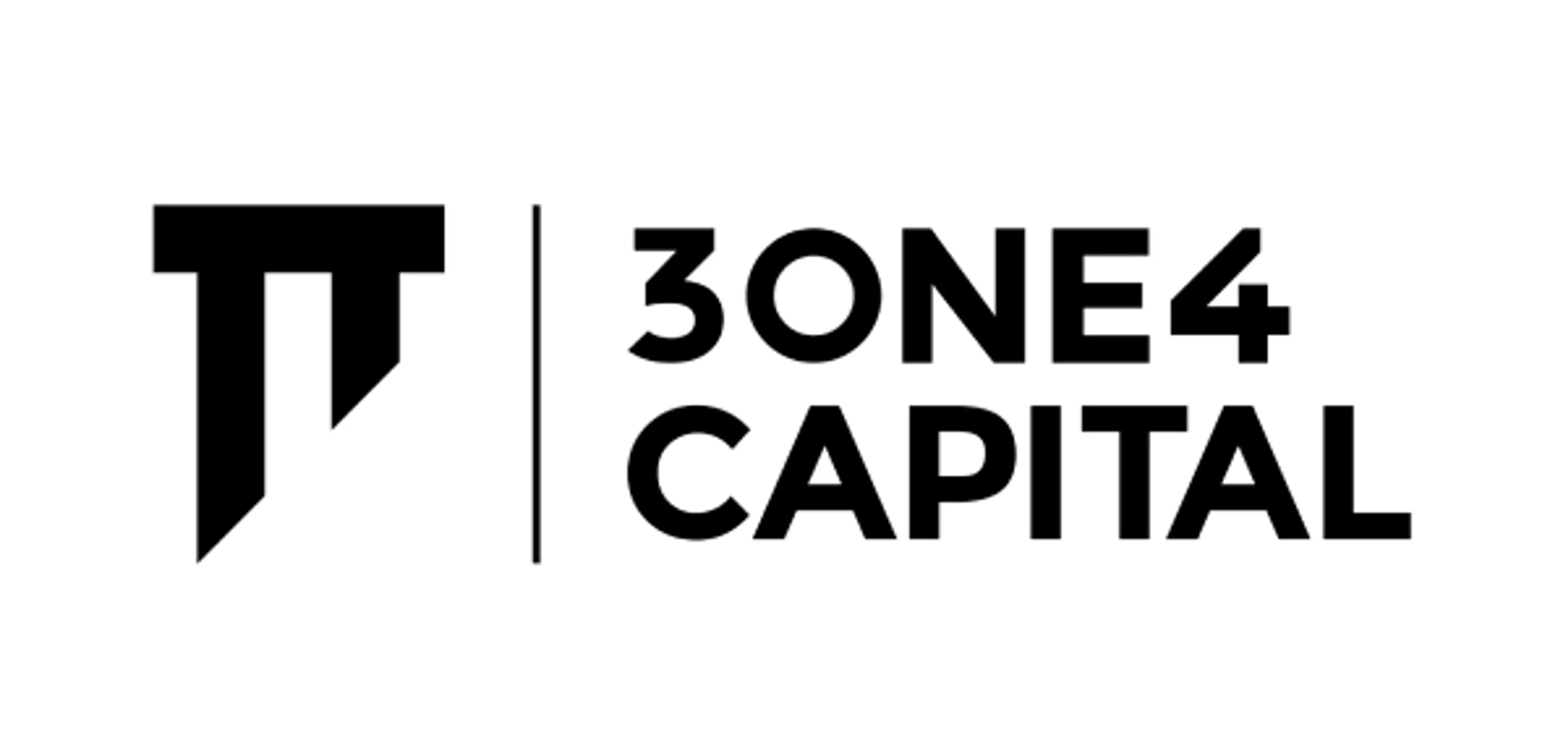
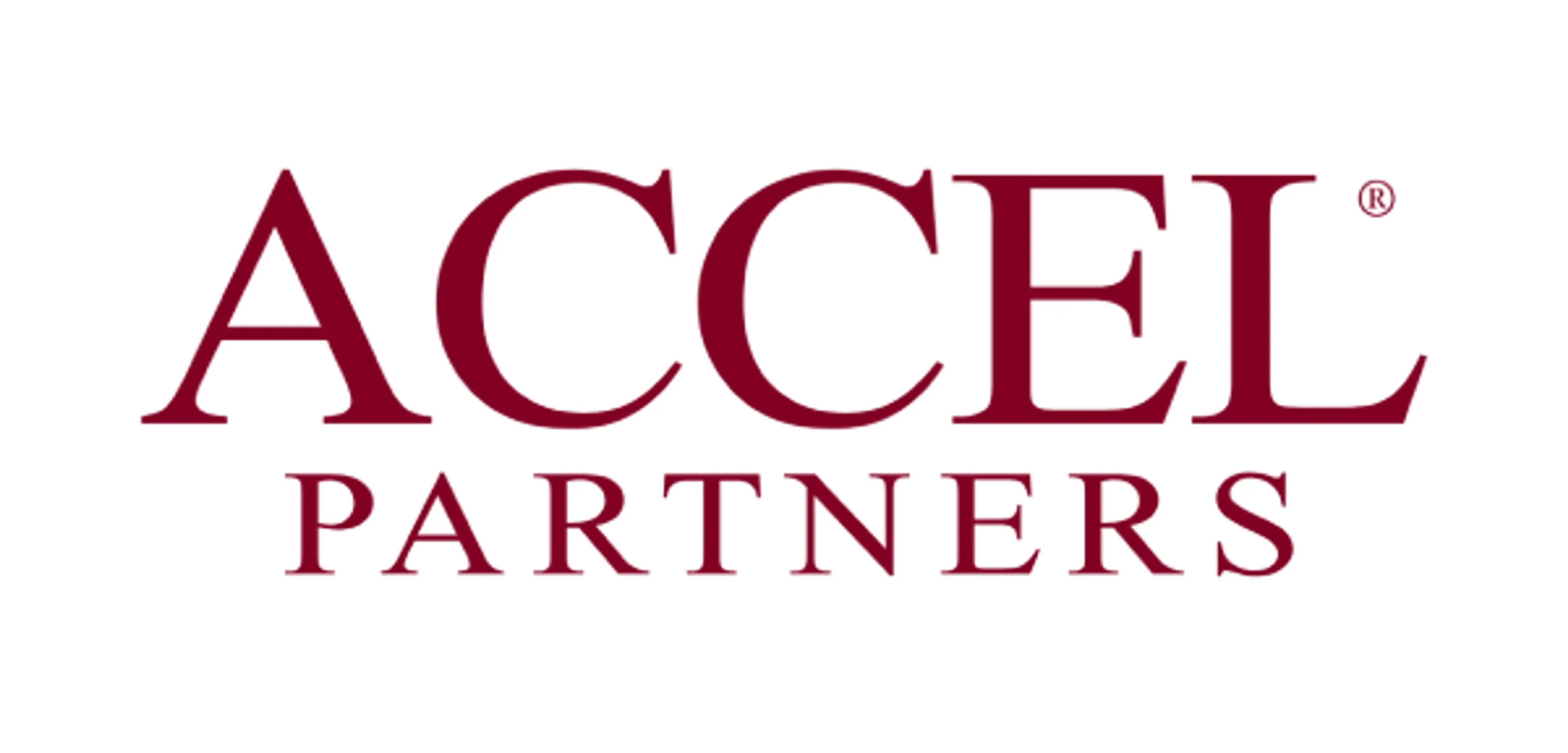
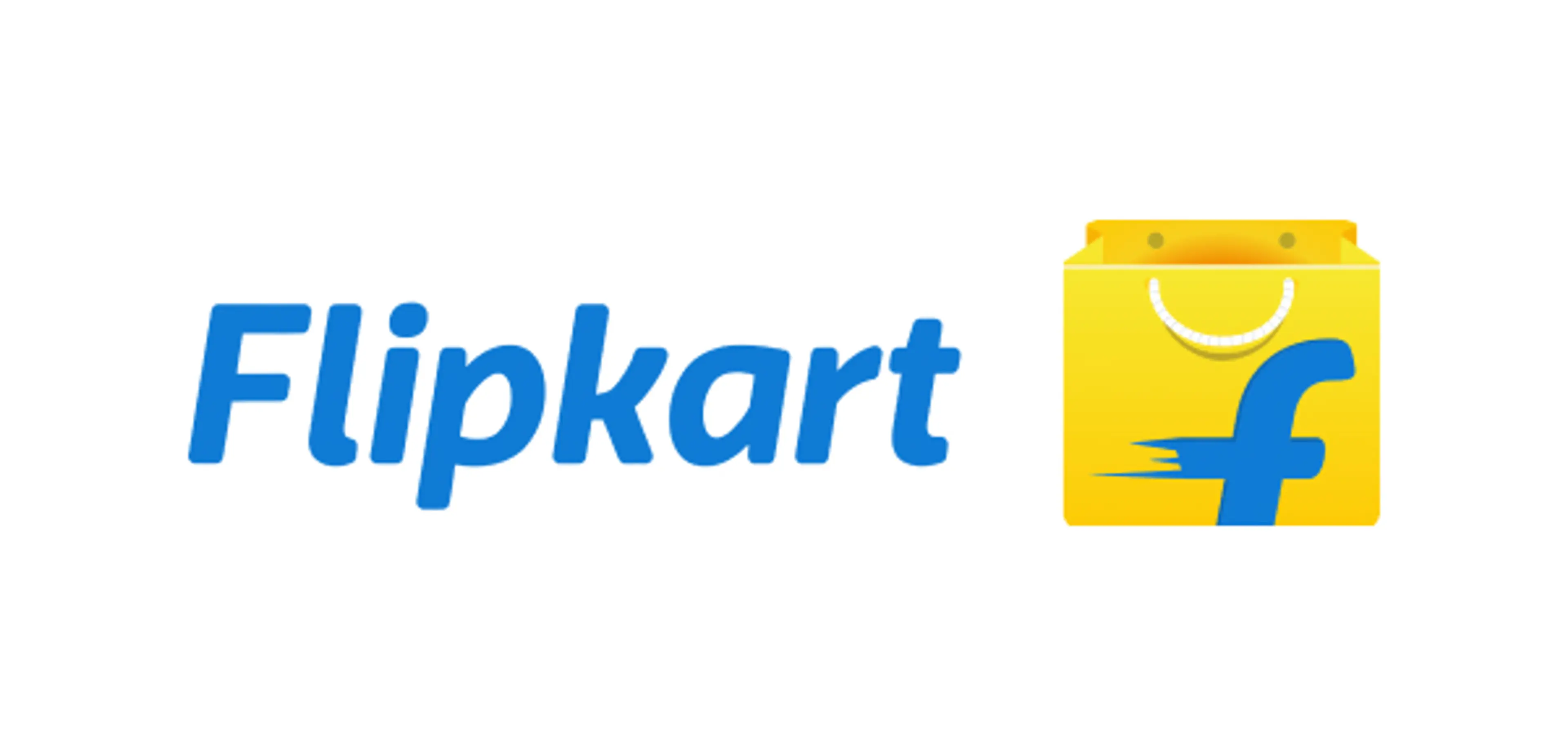
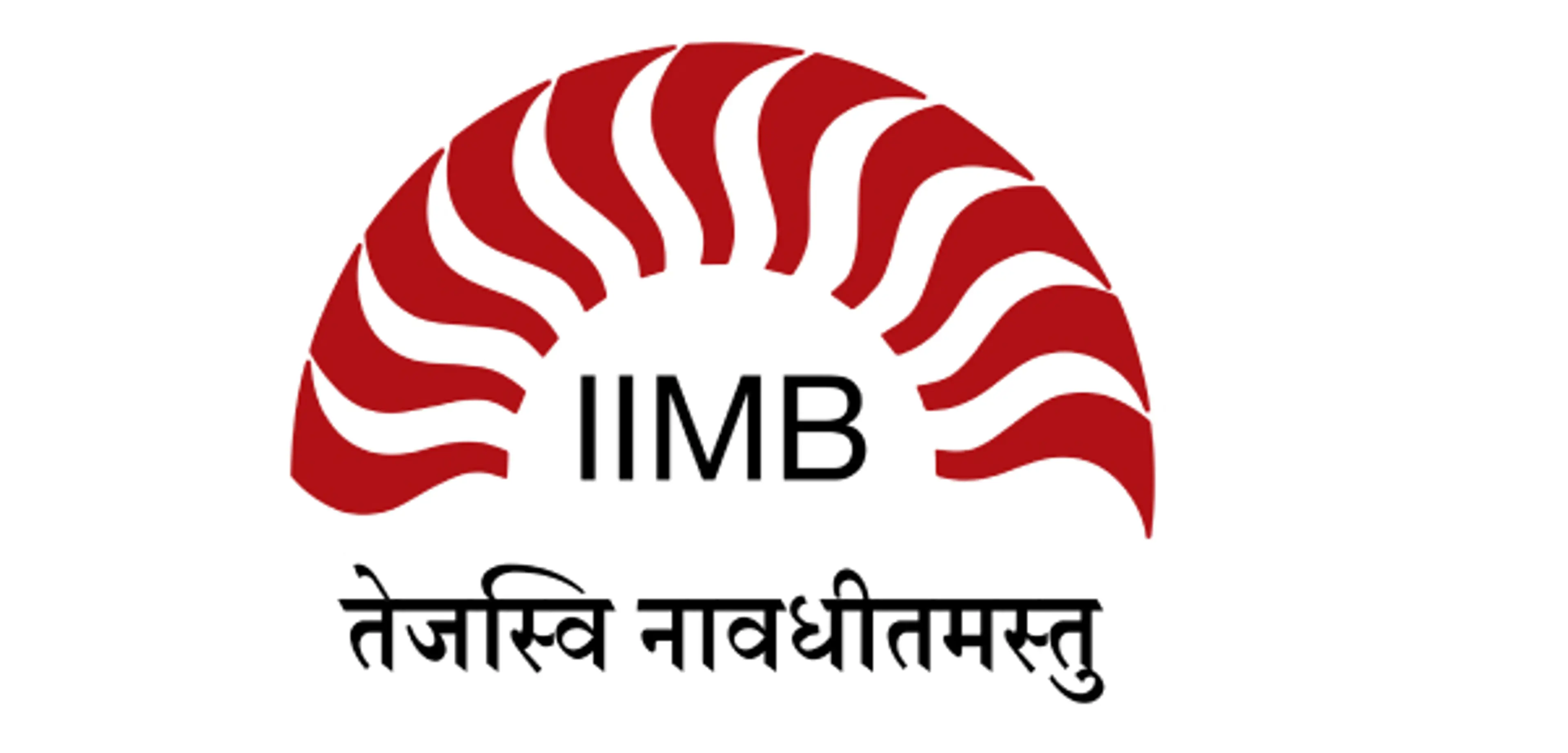


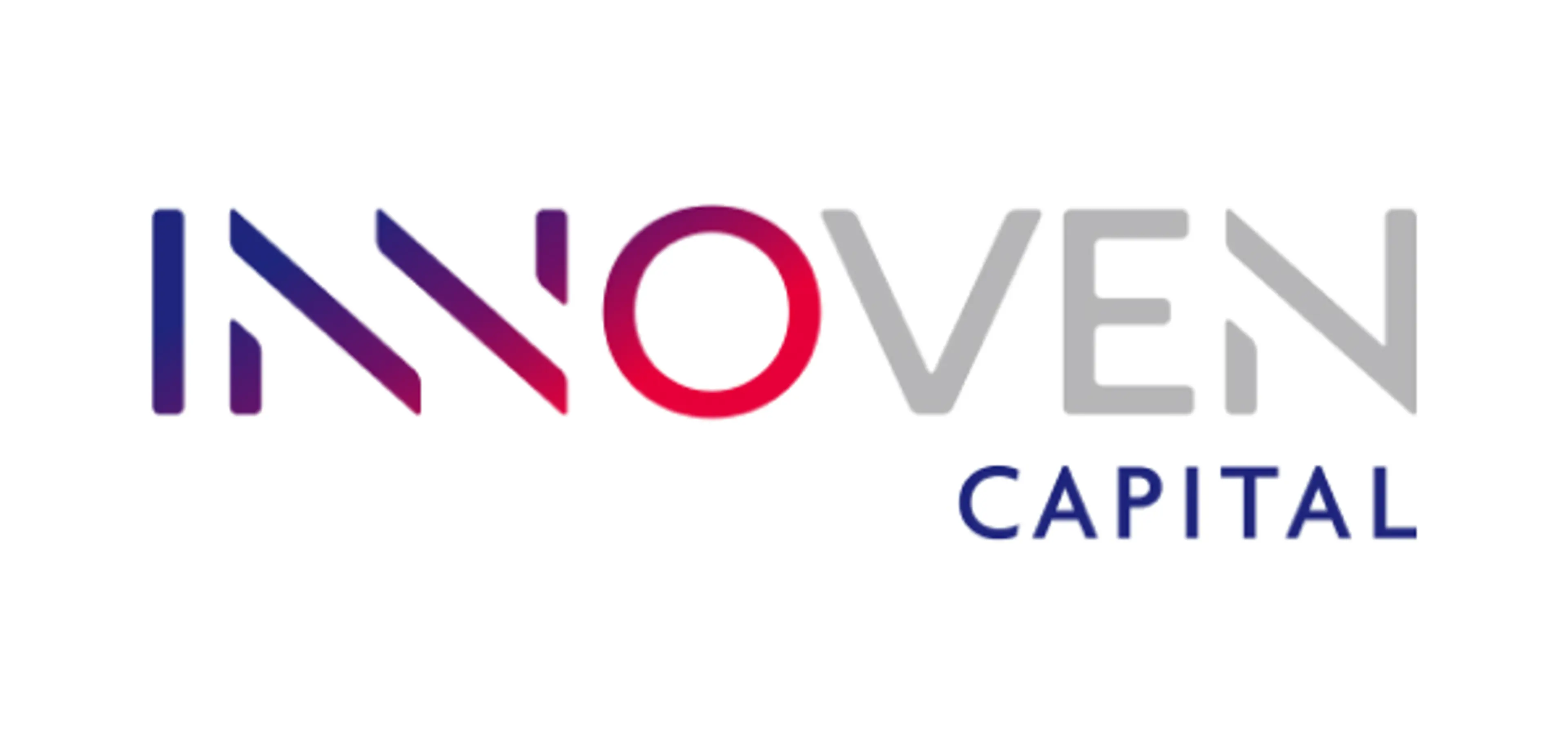
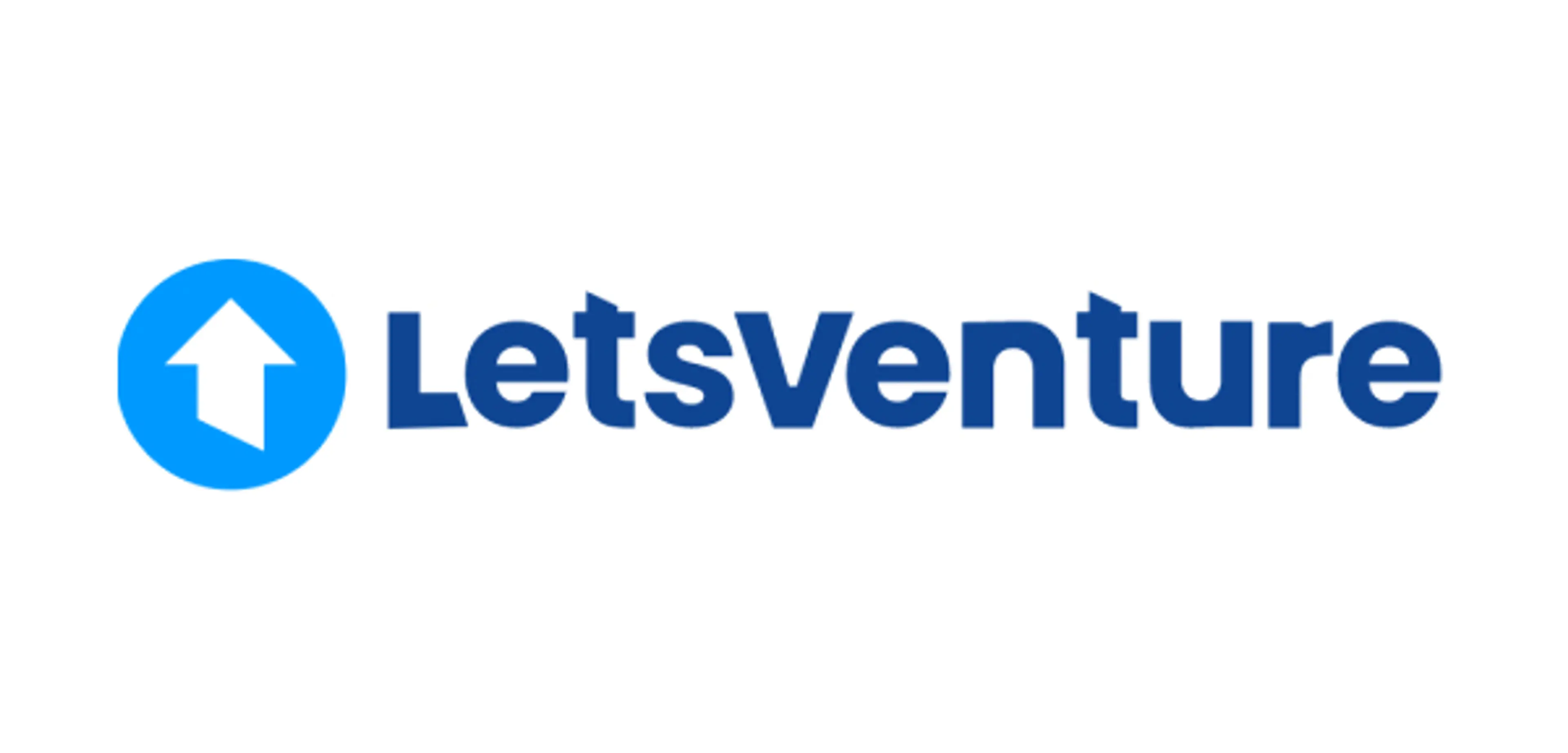
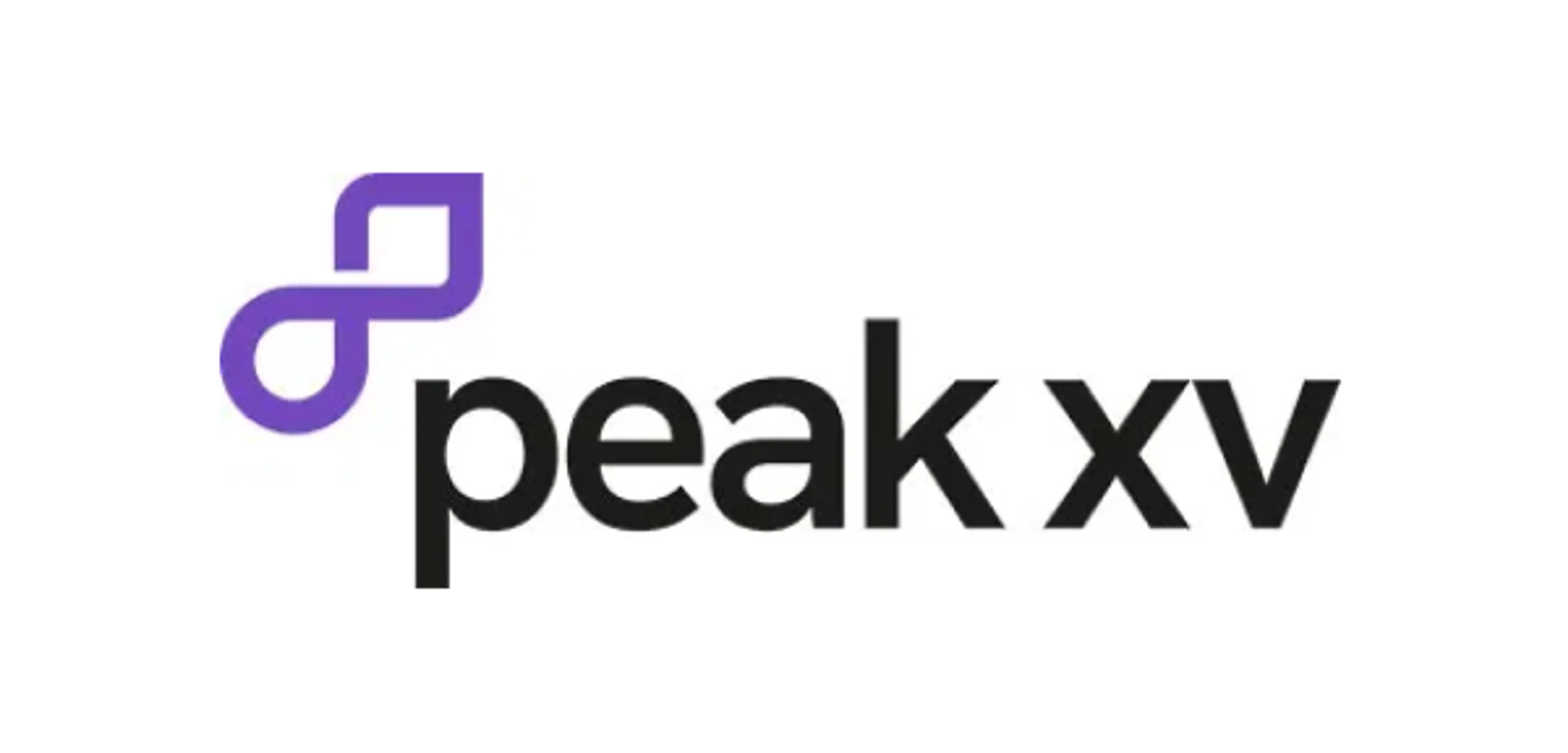









Trusted by the best
Latest Articles

Convinced that The Captable stories and insights
will give you the edge?
Convinced that The Captable stories
and insights will give you the edge?
Subscribe Now
If you want to see more, Sign Up for access to our Crux newsletter and several free articles
Sign Up Now











